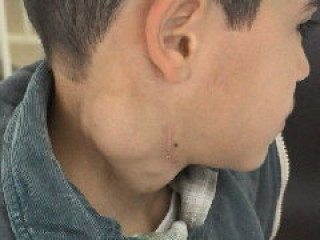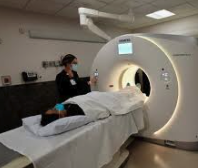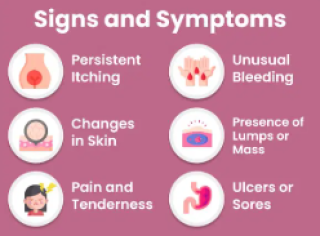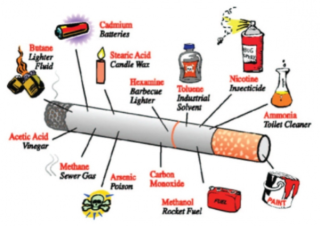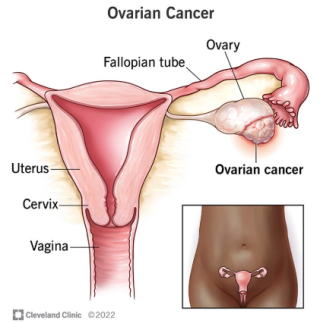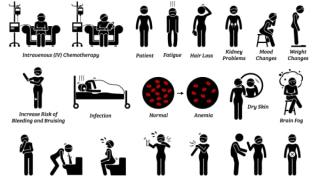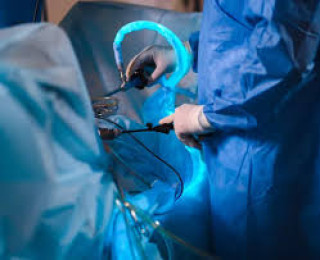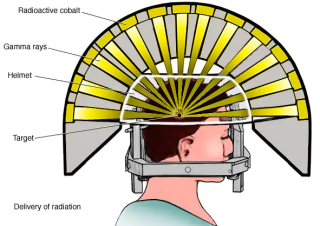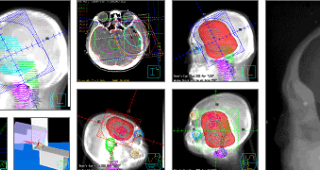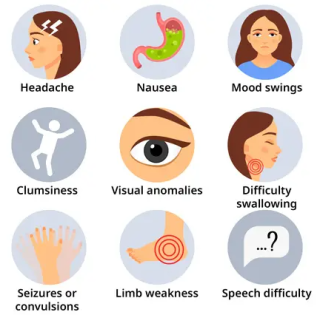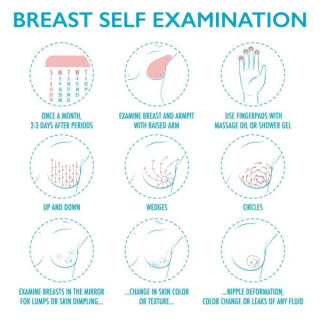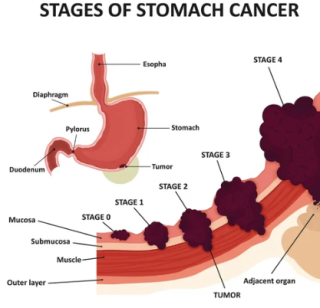Side Effects of Vulvar Cancer Chemotherapyupdated at Nov 08, 2025 1,443 1,443 Chemotherapy for vulvar cancer can lead to a variety of side effects, |
What should I ask my doctor about treatment if I am diagnosed with Hodgkin's disease?updated at Nov 07, 2025 1,421 1,421 Being diagnosed with Hodgkin's lymphoma can be overwhelming.Understanding your treatment options and their potential impact on your life is crucial.This article outlines key questions to discuss with your doctor, |
What are the side effects of Hodgkin's disease treatment?updated at Nov 07, 2025 1,362 1,362 Side Effects of Hodgkin's Disease TreatmentThe treatments for Hodgkin's disease, |
How is Hodgkin's disease treated?created at May 22, 2009 1,402 1,402 Hodgkin's disease treatment depends on the stage and type of the disease, |
How is Hodgkin's disease diagnosed?created at May 22, 2009 1,575 1,575 If Hodgkin's disease is suspected, |
Exploring Treatment Options Beyond Surgery for Head and Neck Cancerscreated at May 09, 2009 1,293 1,293 Treatment options for head and neck cancers beyond surgery include radiation therapy, |
Demystifying Sinusitis Diagnosis: Insights into the Processupdated at Nov 08, 2025 1,596 1,596 Clinical EvaluationThe initial step in diagnosing sinusitis revolves around a comprehensive clinical evaluation.This includes a detailed discussion of your medical history, |
Does other diseases accompany Lyme Disease?updated at Nov 08, 2025 1,758 1,758 Lyme disease can often be accompanied by other diseases or conditions. These are sometimes referred to as co-infections or opportunistic infections.Here's a breakdown:Co-infections: These are other tick-borne diseases that can be transmitted at the same ti... |
Are there Clinical Trials available for Vulvar Cancer?updated at Nov 09, 2025 1,465 1,465 Clinical trials for vulvar cancer exist, |
Will I be able to adjust to Valva Cancer well?created at May 05, 2009 1,414 1,414 Adjusting to a vulvar cancer diagnosis and treatment is a deeply personal journey, |
Radiation Therapy Side Effects of Vulvar Cancerupdated at Nov 09, 2025 1,514 1,514 Understanding Side EffectsRadiation therapy is a common treatment for vulvar cancer, |
Side effects of Vulvar Cancer Surgeryupdated at Nov 11, 2025 1,620 1,620 Curative surgery for vulvar cancer, |
Exploring Three Vulvar Cancer Treatmentscreated at May 05, 2009 1,309 1,309 Three common treatments for vulvar cancer include surgery, |
Understanding Vulvar Cancer Diagnosis: What to Expectcreated at May 05, 2009 1,338 1,338 Vulvar cancer is diagnosed through a combination of methods, |
Vulvar Intraepithelial Neoplasia as Risk Factors for Vulvar Cancerupdated at Nov 08, 2025 1,525 1,525 Vulvar intraepithelial neoplasia (VIN) represents the abnormal growth of cells within the vulvar epithelium.It's classified as a precancerous condition, |
Tobacco as risk factors for vulvar cancercreated at May 05, 2009 1,283 1,283 While not a direct cause, |
Understanding Age as a Risk Factor for Vulvar Cancerupdated at Nov 09, 2025 1,284 1,284 Age is a critical factor in assessing the risk of developing vulvar cancer.Data consistently shows a strong relationship between age and the likelihood of a vulvar cancer diagnosis. Age and Vulvar Cancer IncidenceApproximately three-quarters of women diagn... |
Navigating Ovarian Cancer Treatment - Key Questions to Ask Your Doctorcreated at May 05, 2009 1,428 1,428 Ovarian cancer treatment depends on the stage, |
How is cancer of the cervix treated?updated at Nov 22, 2025 1,714 1,714 Cervical Cancer Treatment OptionsTreatment for cervical cancer is highly individualized, |
Navigating the Side Effects of Cancer Treatmentcreated at May 04, 2009 1,539 1,539 Cancer treatment, |
What are the Side Effects of Treatment for Colorectal Cancer?updated at Nov 08, 2025 1,499 1,499 Side effects from colorectal cancer treatment are highly variable, |
Surgery for Colorectal Cancerupdated at Nov 13, 2025 1,390 1,390 Surgery is frequently the primary and sometimes the sole treatment approach for colorectal cancer.The specific surgical procedure employed is dictated by the tumor's location and size. Partial Colectomy: The Standard ProcedureThe most common surgical inter... |
What should I ask my doctor when diagnosed with endocrine cancer?created at May 04, 2009 1,314 1,314 Diagnosing endocrine cancer involves a combination of methods, |
Precision Treatment: Understanding Stereotactic Radiosurgery for Brain Tumorscreated at May 04, 2009 1,437 1,437 Stereotactic radiosurgery (SRS) is a precise radiation therapy technique used to treat brain tumors and other lesions.It delivers a highly focused, |
Understanding the Side Effects of Brain Tumor Treatmentcreated at May 04, 2009 1,474 1,474 Brain tumor treatments, |
Understanding Radiation Therapy for Brain Tumorscreated at May 04, 2009 1,488 1,488 Radiation therapy for brain tumors uses high-energy radiation to kill cancer cells and shrink tumors.This can be delivered externally through a linear accelerator (external beam radiation therapy) or internally via implanted radioactive seeds (brachytherap... |
What are the symptoms of Brain Tumors?updated at Nov 11, 2025 1,574 1,574 Brain tumor symptoms are highly variable, |
Exploring Treatment Options for Bone Cancer: A Comprehensive Guidecreated at May 03, 2009 1,568 1,568 Treatment for bone cancer depends on several factors including the type and location of the cancer, |
What is the difference between primary bone cancer and secondary bone cancer?created at May 03, 2009 1,311 1,311 Primary bone cancer originates in the bone itself, |
What should I do if I find a lump while performing a monthly breast self-exam?created at May 03, 2009 1,329 1,329 Finding a lump during a breast self-exam doesn't automatically mean it's cancerous, |
The basic information for Stomach cancercreated at May 03, 2009 1,393 1,393 Stomach cancer, |


